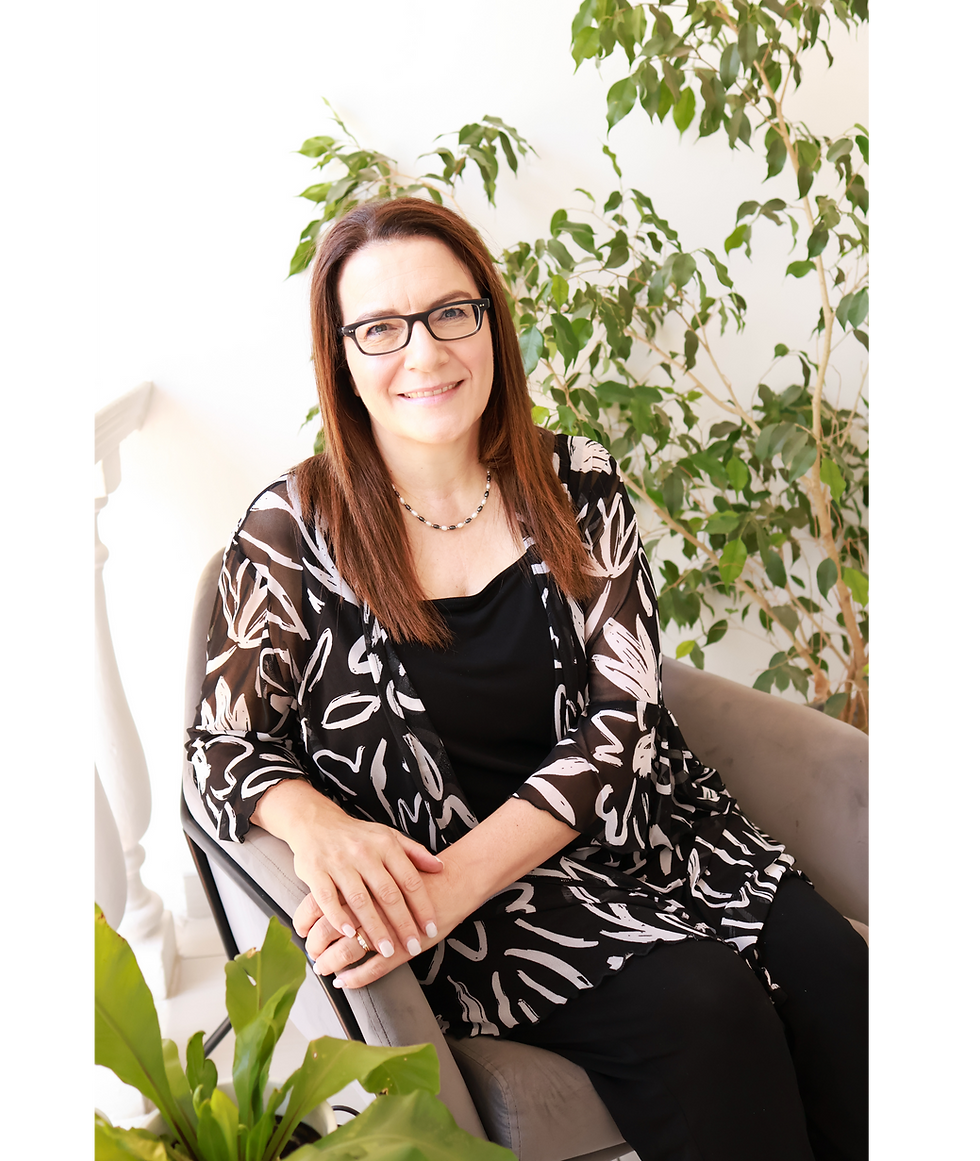Should Parents Stay Together for the sake of the Kids? A Closer Look
- Psych Central

- Aug 4, 2025
- 3 min read
Written by Dr. Marguerite Theron, Counselling Psychologist

One of the toughest questions parents face when a relationship is ending, is: “Is it always better to stay together for the children?”
This topic often pops up in therapy sessions and family discussions alike. The idea of staying under one roof "for the sake of the kids" has been around for decades, but as with most things in life, the real answer isn't so simple.
What’s the Real Impact of Staying Together?
You might have heard that a stable, two-parent home gives kids more security and consistency. While there can be truth to this, it's not just about having two adults at home.
The quality of the relationship matters—a lot. Factors like ongoing conflict, emotional climate, and how parents interact play important roles in shaping a child’s experience and their mental wellbeing.
When staying together might not help

High-Conflict Households: If your home is filled with arguments, hostility, or even abuse (emotional or physical), it’s tough on everyone—especially kids. Research shows that growing up around constant conflict increases the risk for anxiety, depression, and trouble forming healthy relationships later in life.
Emotional Wellbeing of the parents: Children are more perceptive than we sometimes assume. If they sense unhappiness or distance between parents, it can chip away at their self-esteem and emotional growth. Children may also feel like the parent’s sadness or withdrawal is their fault and not realize its due to the state of the marriage.
Relationship Role Models: Kids learn how to relate to others by watching how their parents communicate and handle disagreements. Dysfunctional dynamics can teach unhealthy patterns—sometimes even normalising aggression or avoidance. For example, a child who sees violence at home might see violence as normal, or believe anger is the default way to solve problems. These lessons can stick with them well into adulthood
Parents who don’t talk to each other: in some marriages the parents only communicate through the children which places emotional strain on the children and unnecessary responsibility, if the messages are emotionally loaded.
One parent confidant: The parent who confides in the children that they are going to leave or complains about the other spouse also adds to the emotional load and strain placed on the child. The child may feel guilty because they love the other parent or feel trapped into aligning with the confiding parent.
Other Possible Risks to children in high conflict marriages have been identified in research. These iInclude:
Emotional distress and anxiety
Difficulty managing emotions
Acting out or withdrawing socially
PTSD-like symptoms after repeated exposure to childhood trauma
Low self-confidence and social skill challenges
Feeling torn between parents, especially if caught in the middle
Ongoing emotional insecurity
It's clear that environments marked by unresolved conflict can set children up for various hurdles, emotionally and socially. Reducing conflict, and finding healthier ways to resolve differences, really matter for kids' outcomes.

Questions for Parents to Reflect On
If you’re weighing whether to stay together or go your separate ways, it helps to consider:
Is our home generally peaceful, or tense more often than not?
Can we work through our issues, maybe with help from a therapist, or do core problems persist?
Are both of us committed to putting our child’s needs first, no matter what?
Remember: High conflict during and after divorce can be as damaging as high conflict during marriage.
Healthy Co-Parenting Matters Most
Whether together or apart, the good news is that children thrive when both parents remain involved and supportive. Effective co-parenting, honest communication, and shielding kids from adult conflicts are key.

Studies show the emotional environment at home and the quality of relationships matter far more than simply whether parents live together. Children need to know that even though the parents stopped loving each other, they did not stop loving their kids.
Final Thoughts
There’s no simple answer here. What matters most is fostering a loving, secure, and communicative environment—no matter what your family looks like. Kids benefit from stability and care, whether that means living in the same home or in two different ones or with a single parent. Ultimately, focusing on nurturing and supporting your children sets them up for the best possible future.





Comments